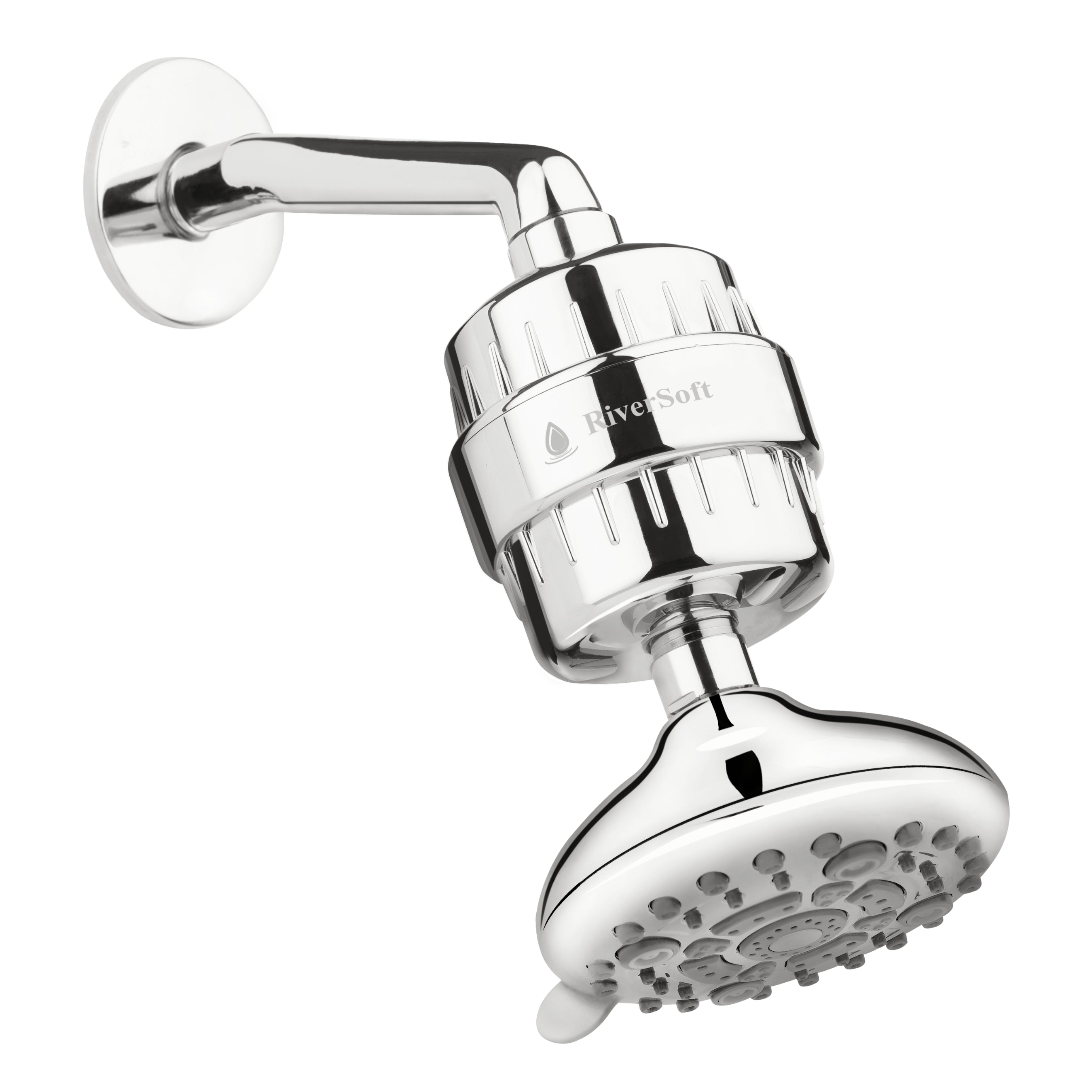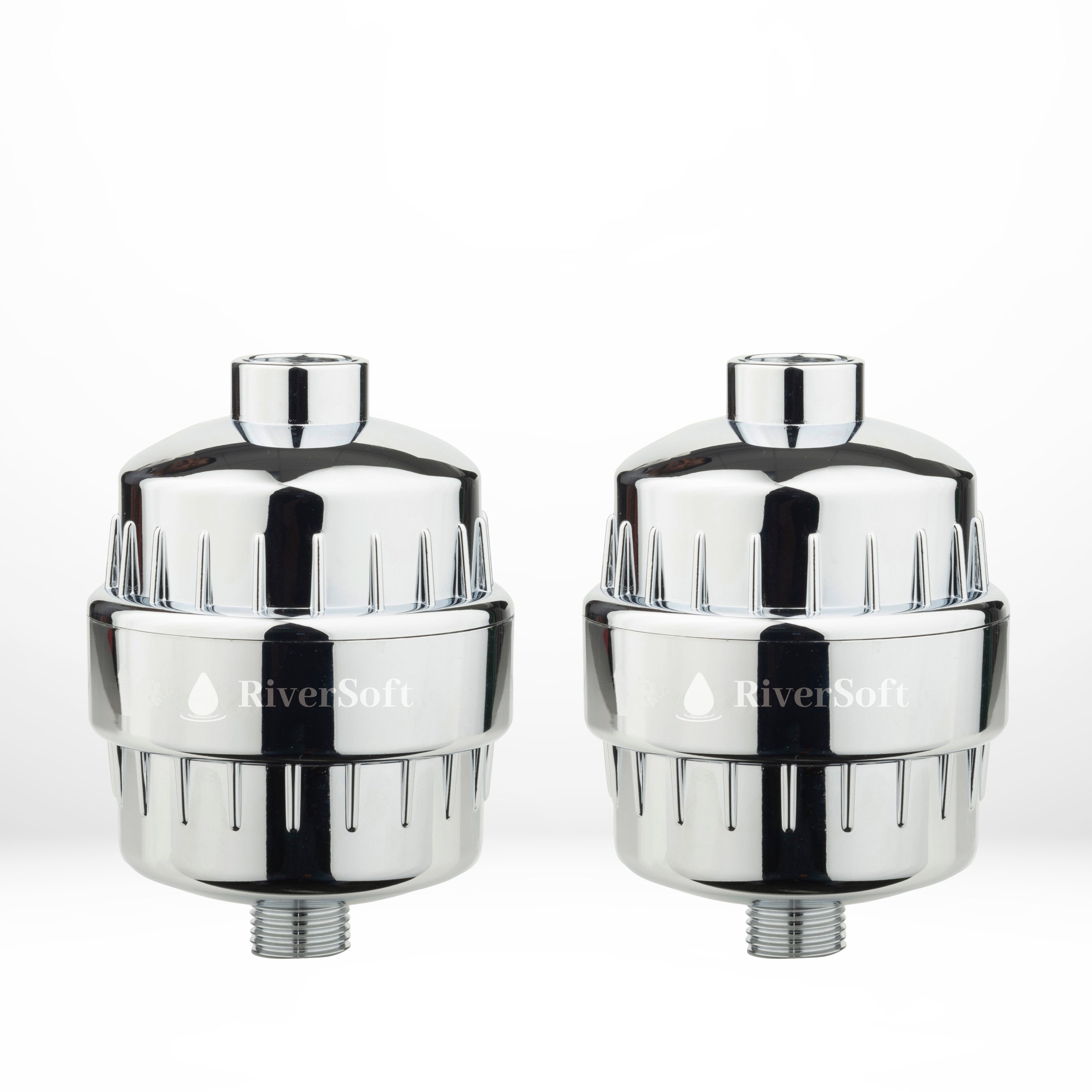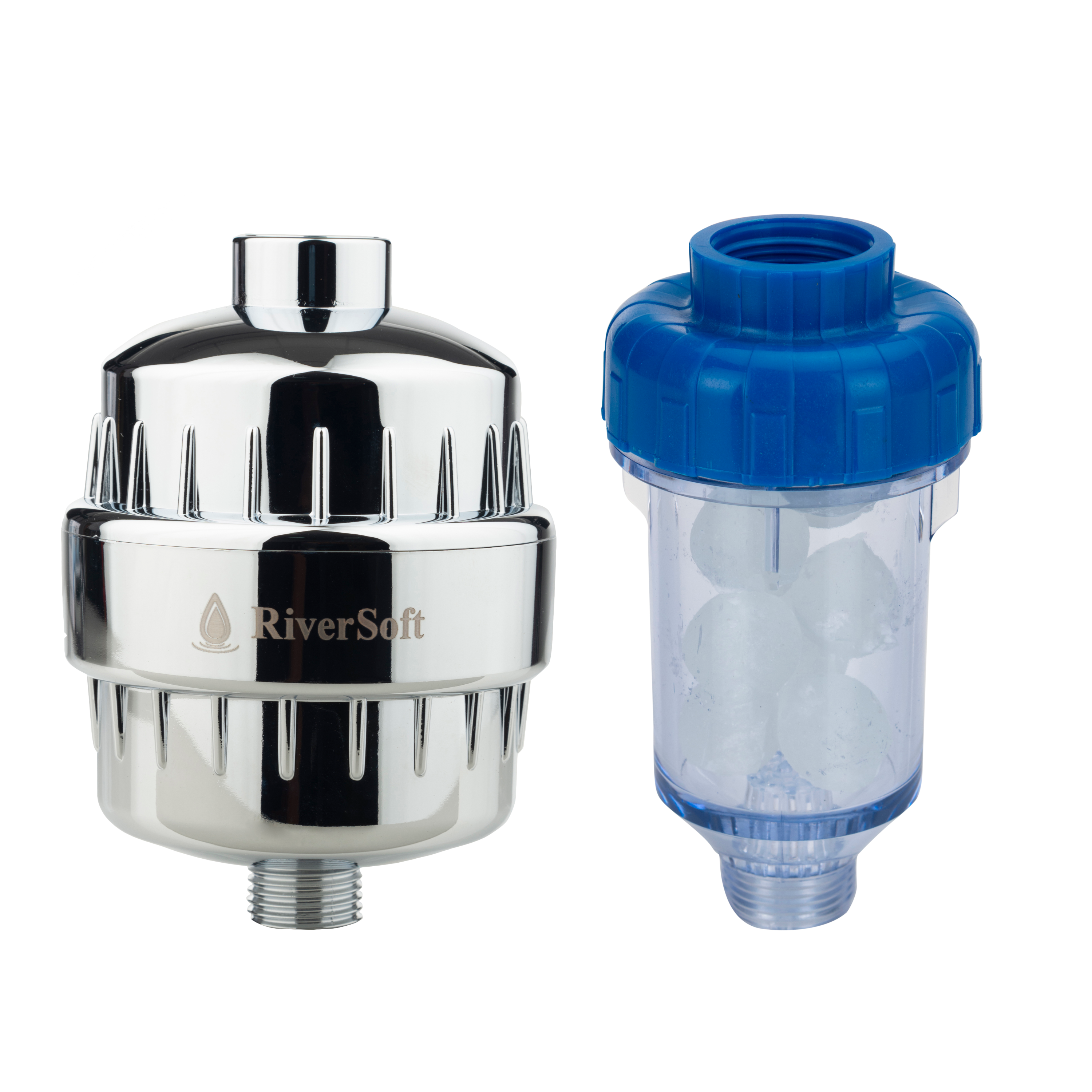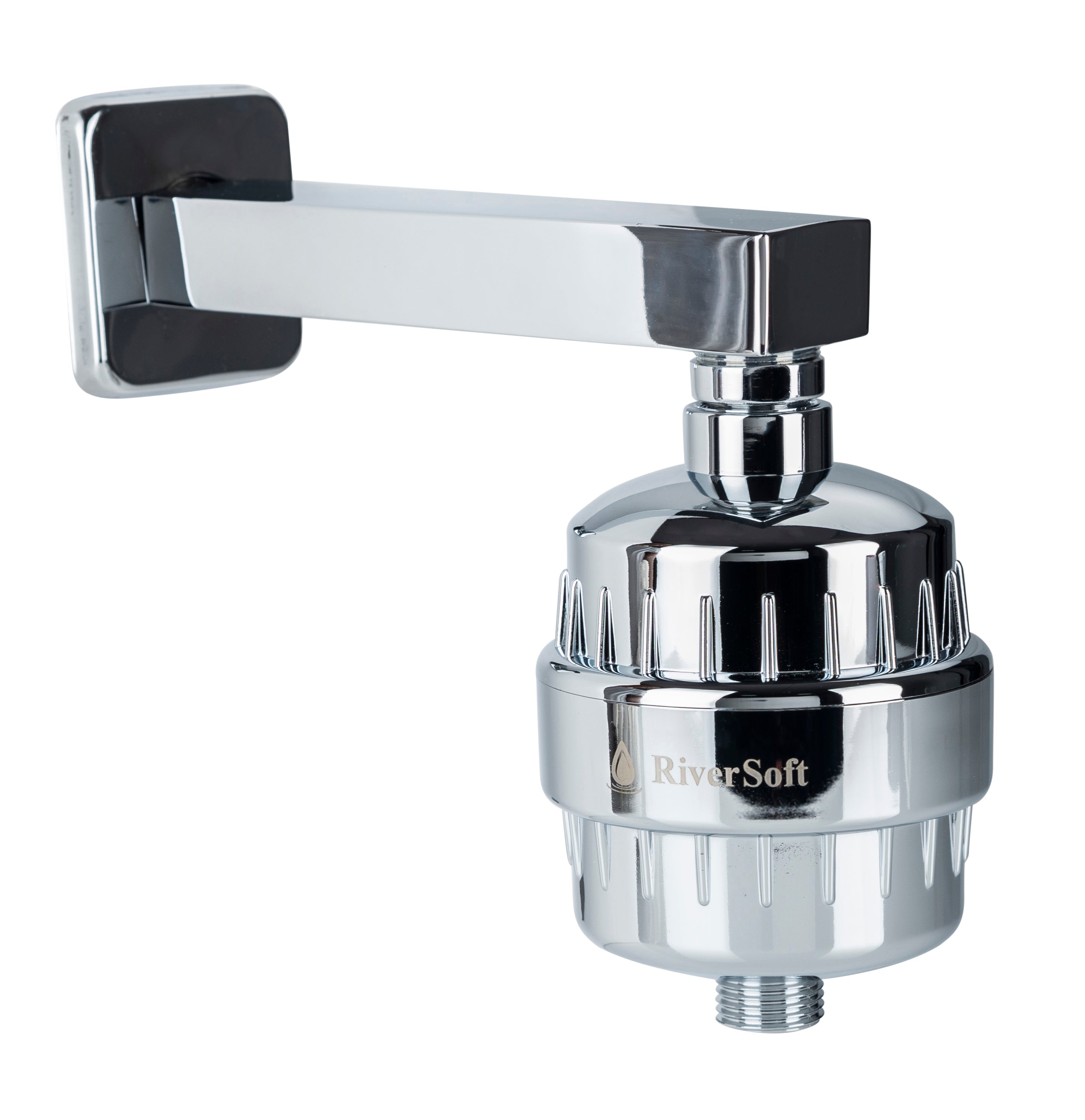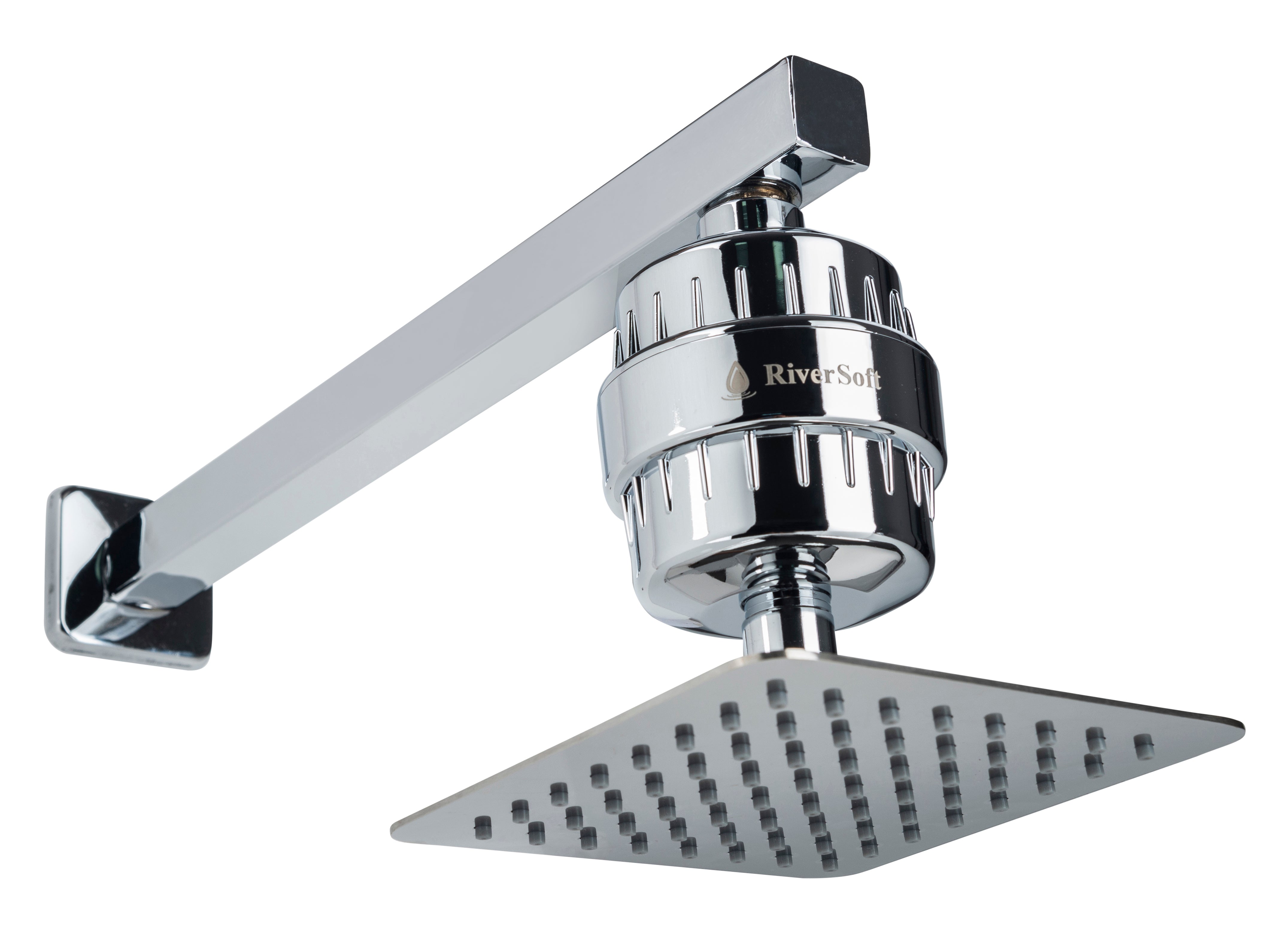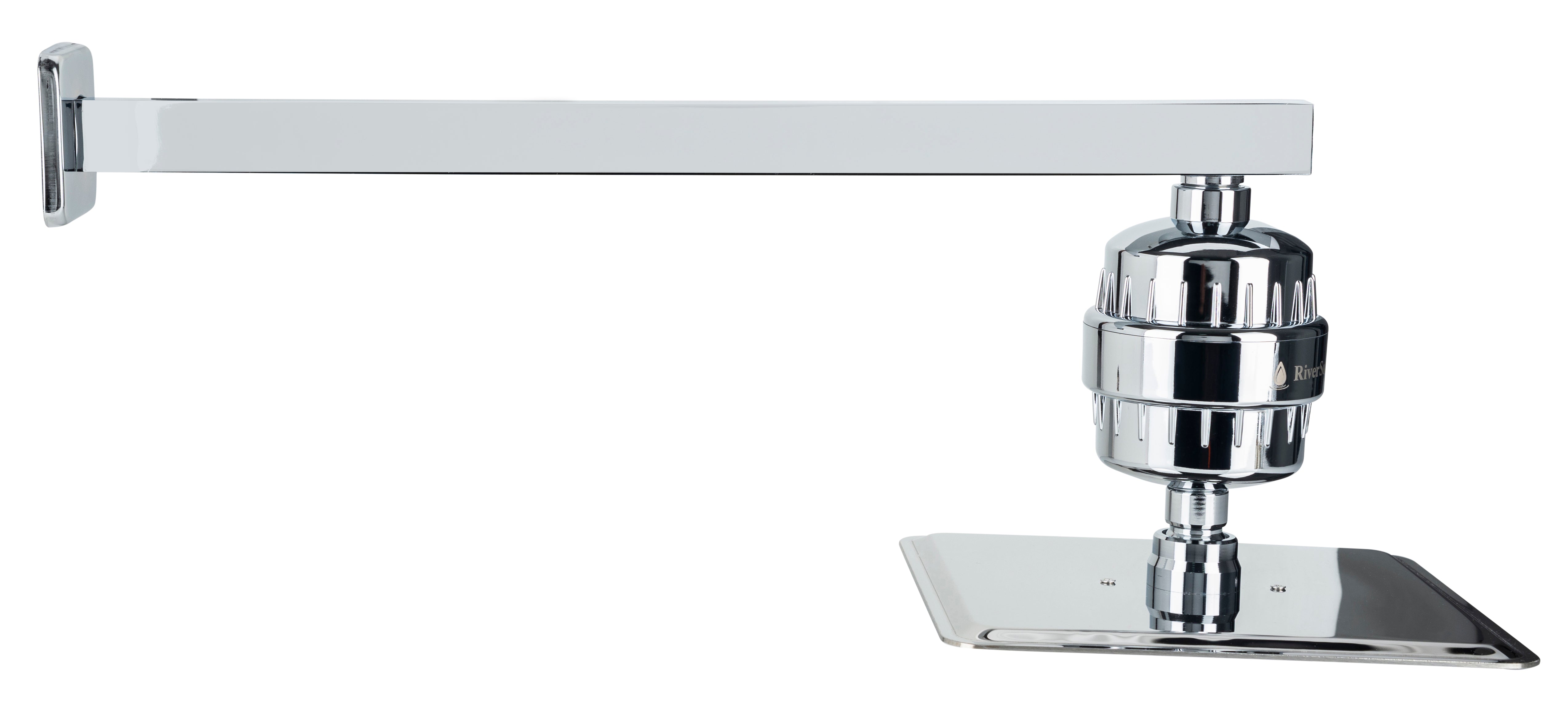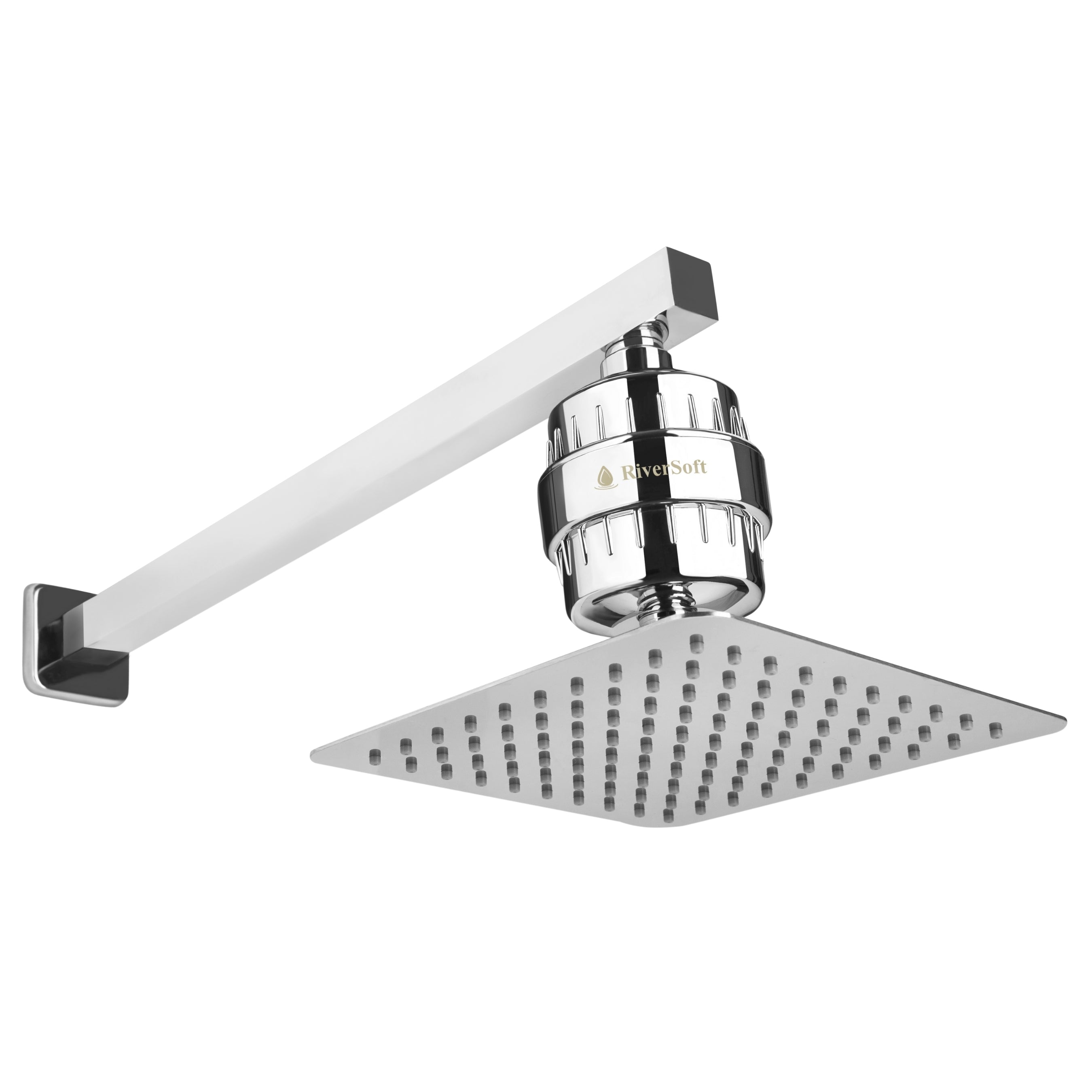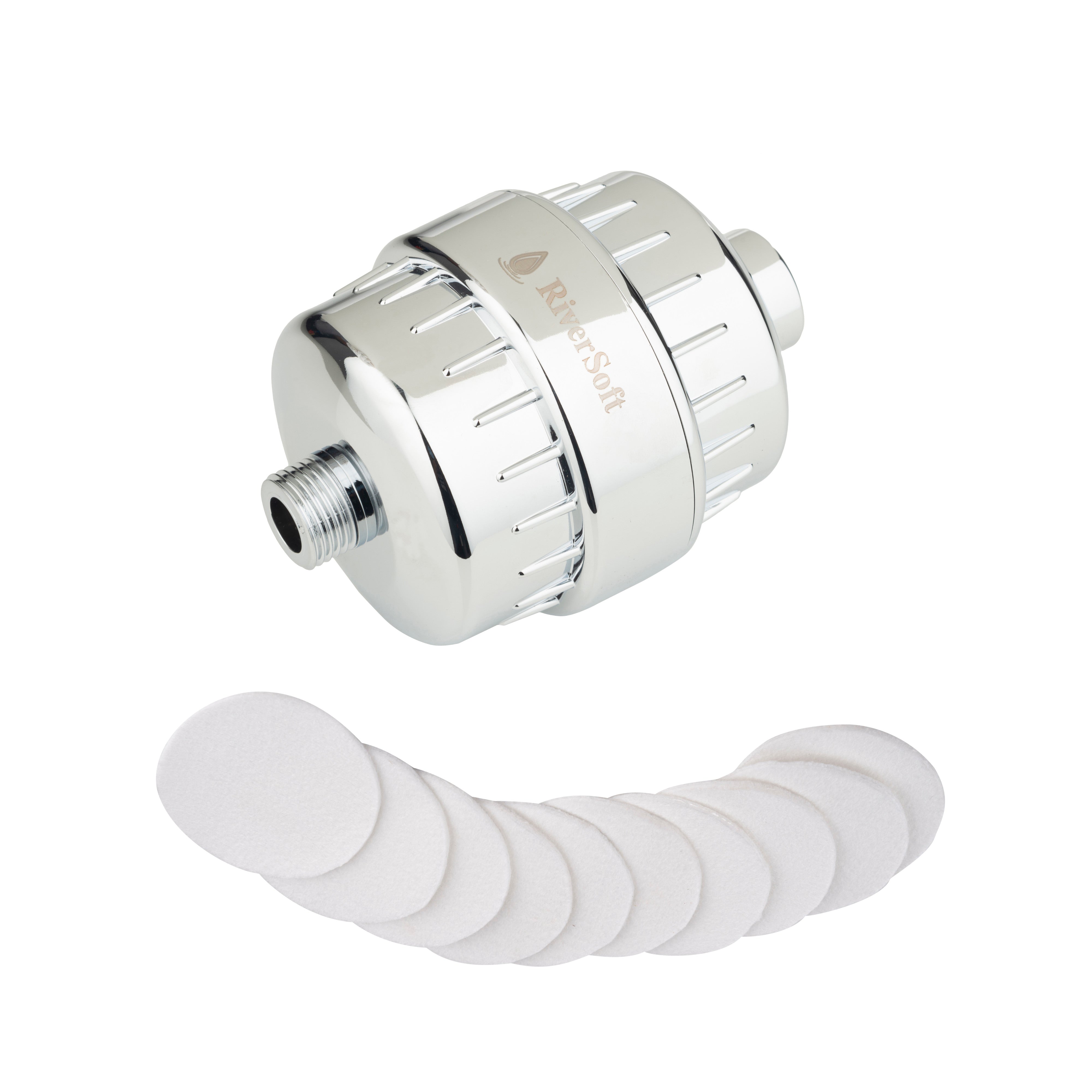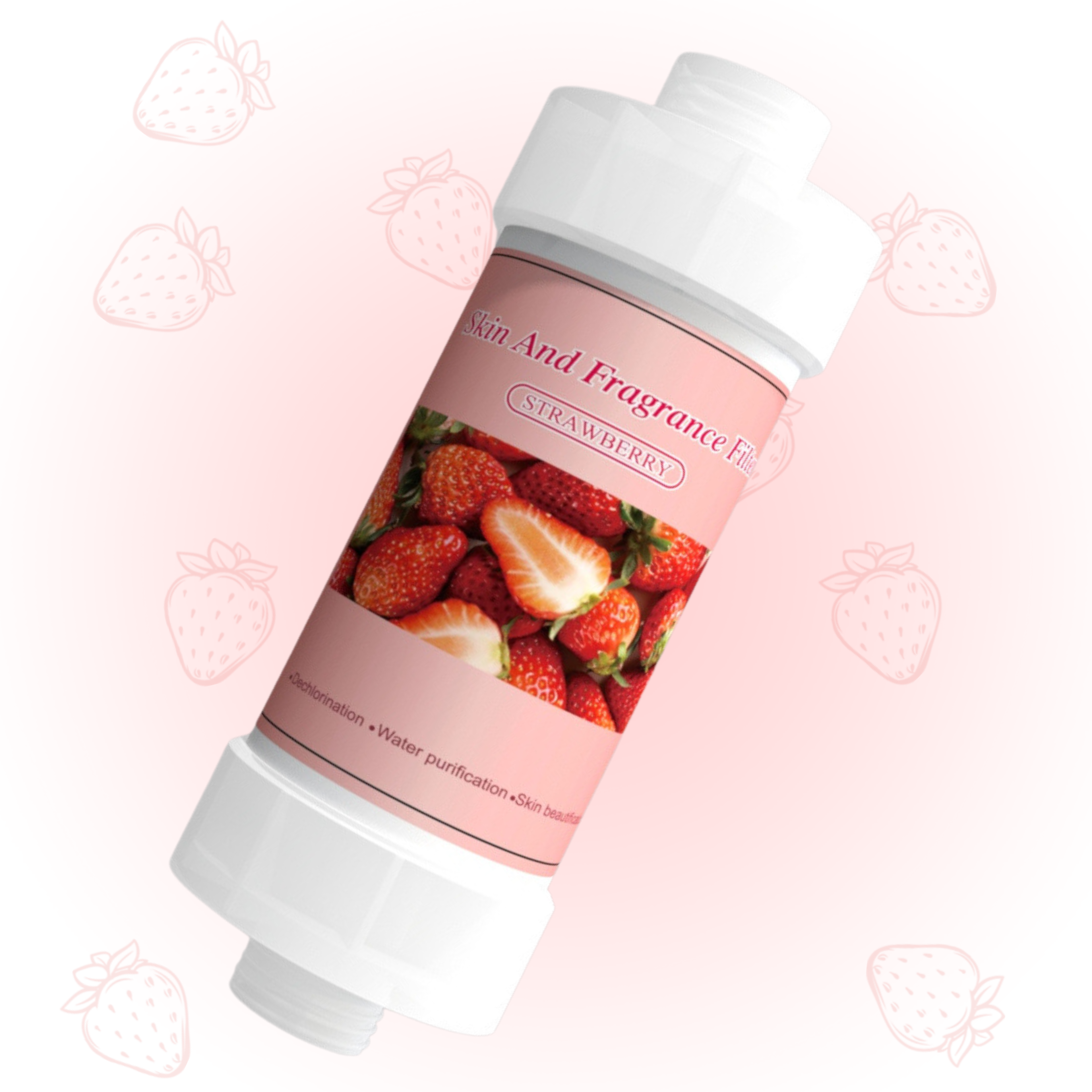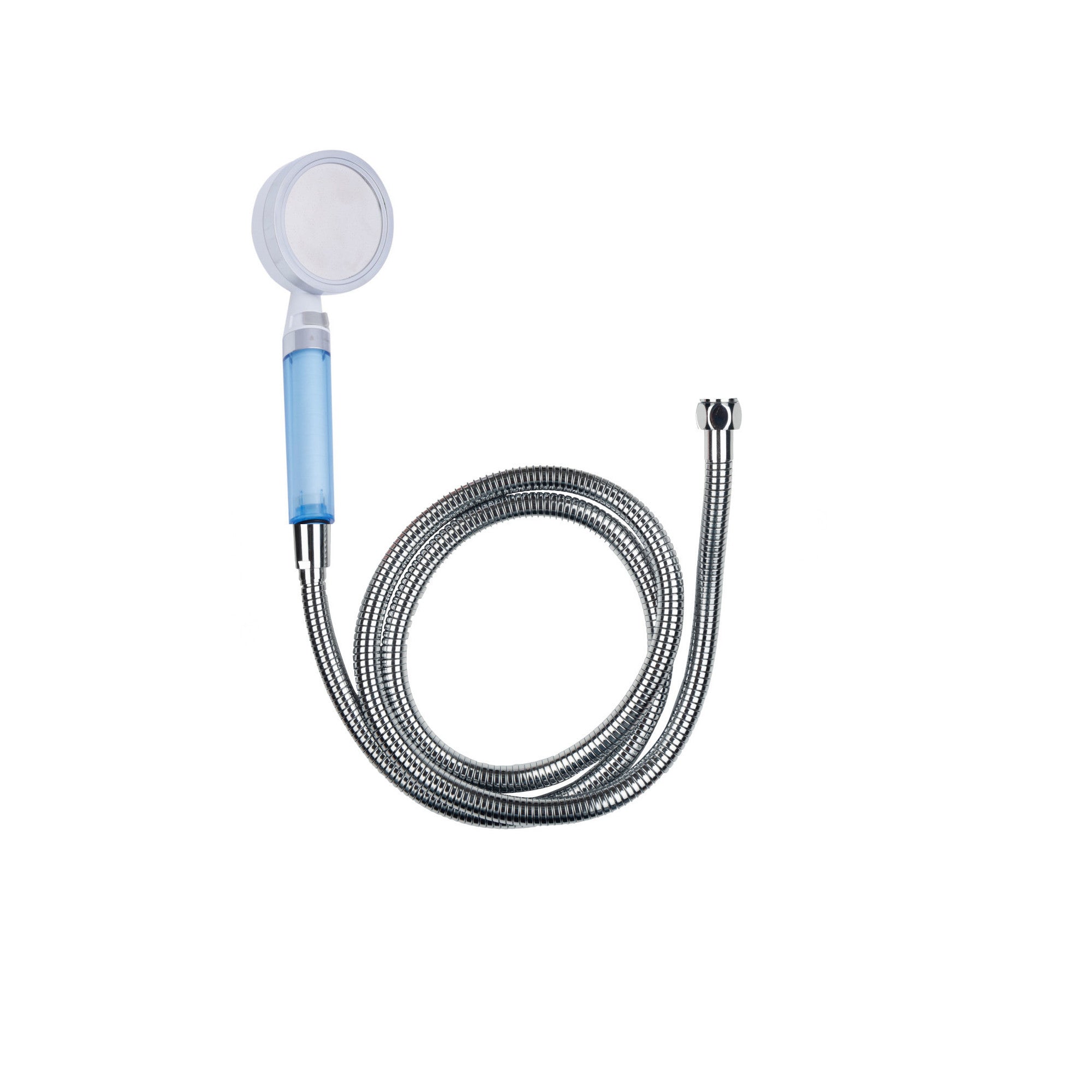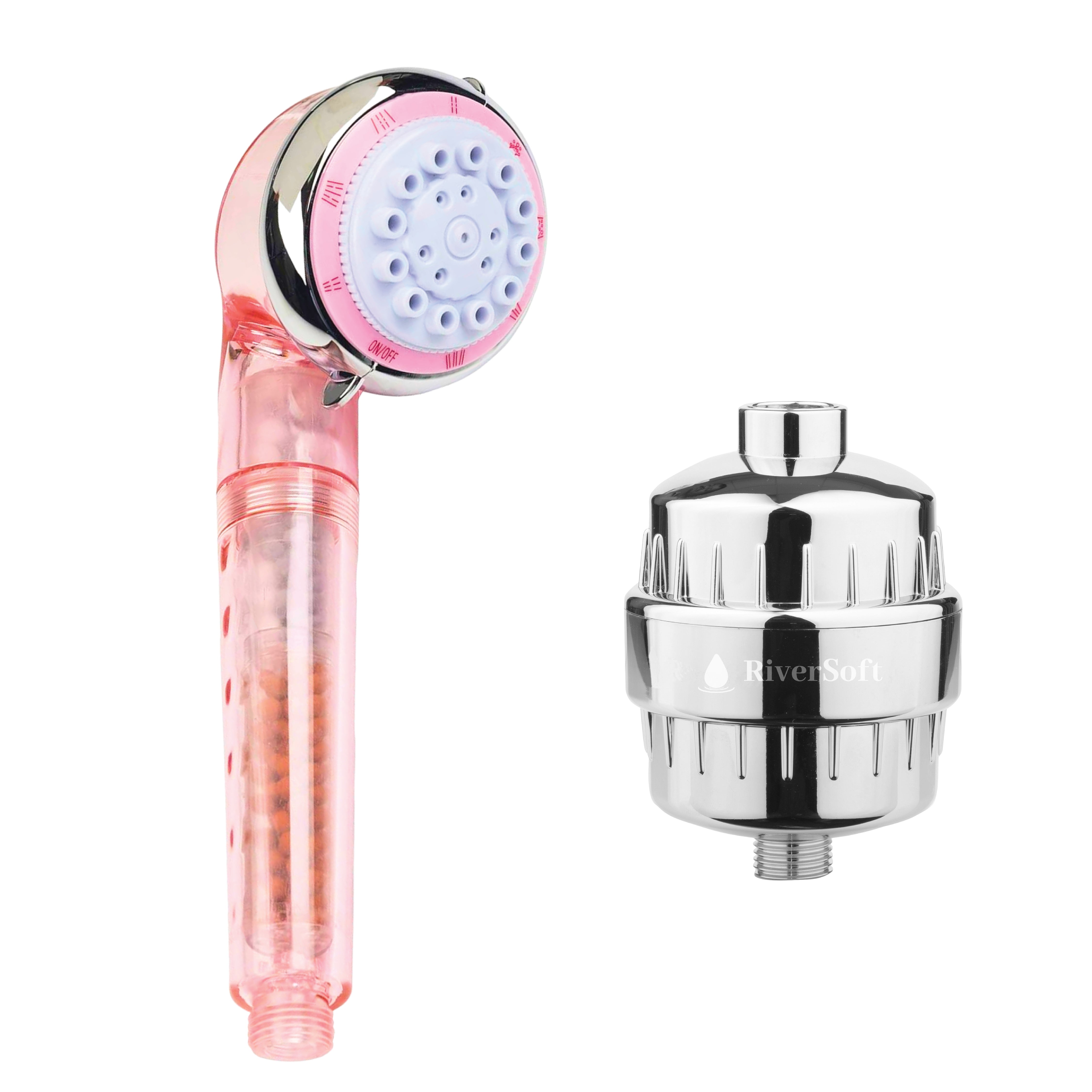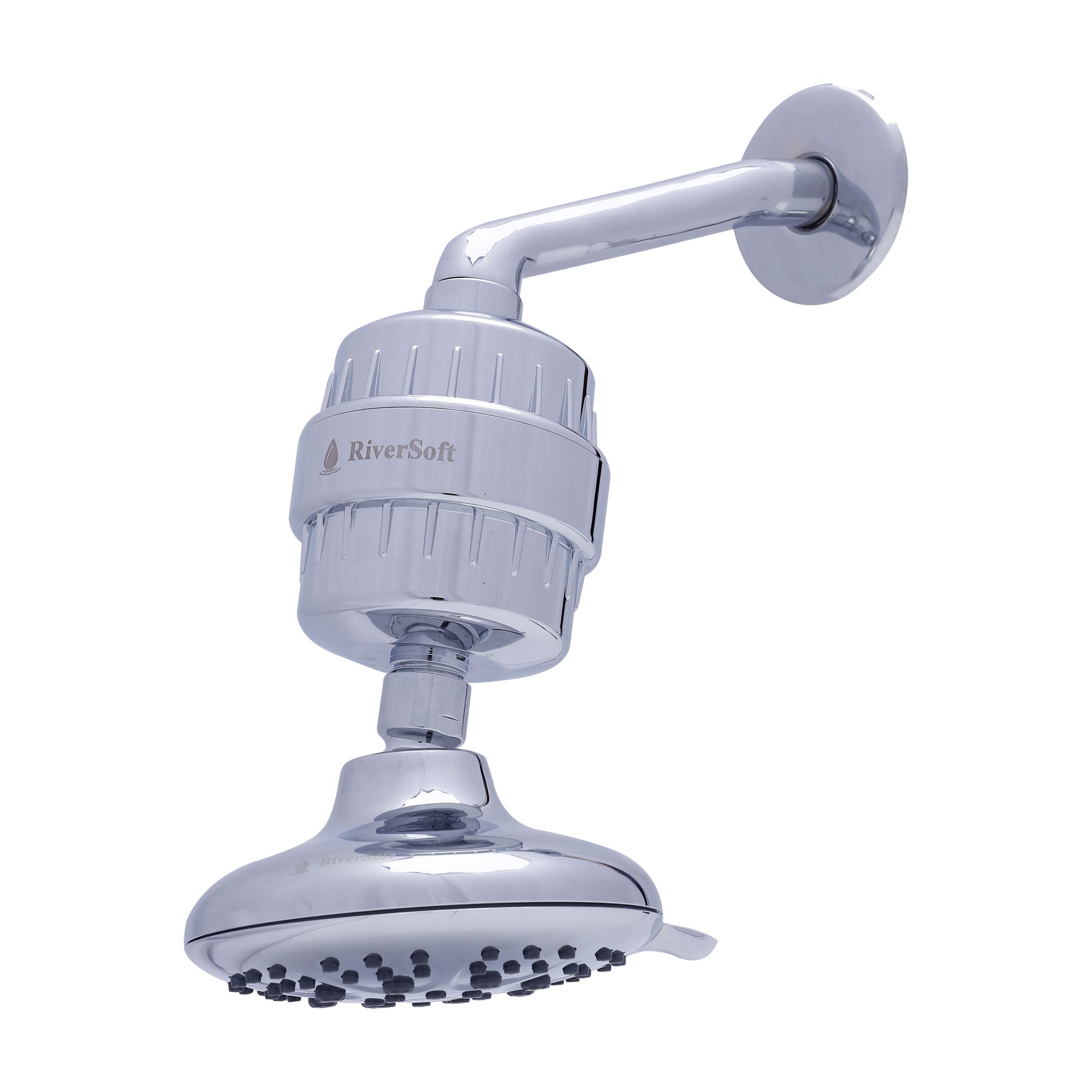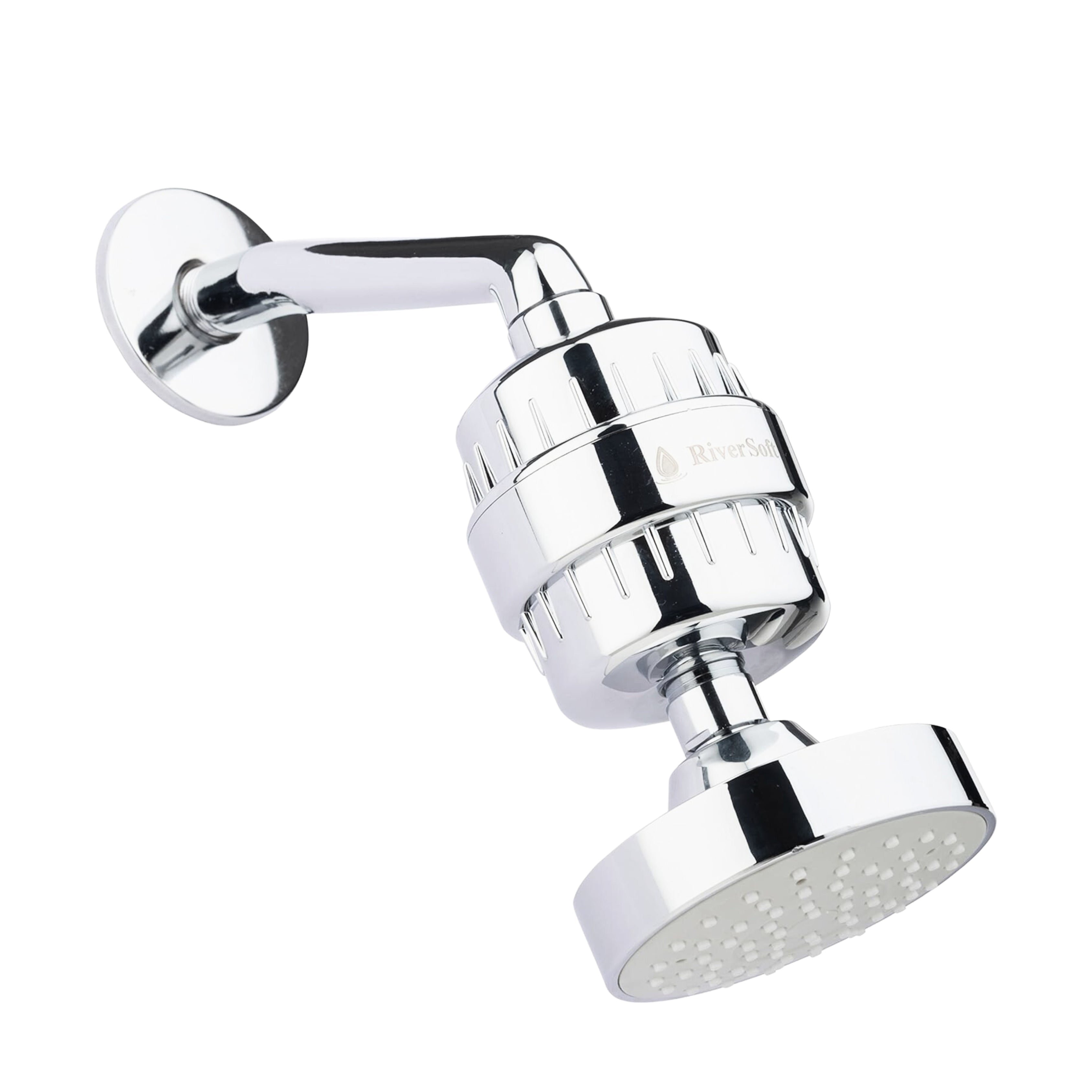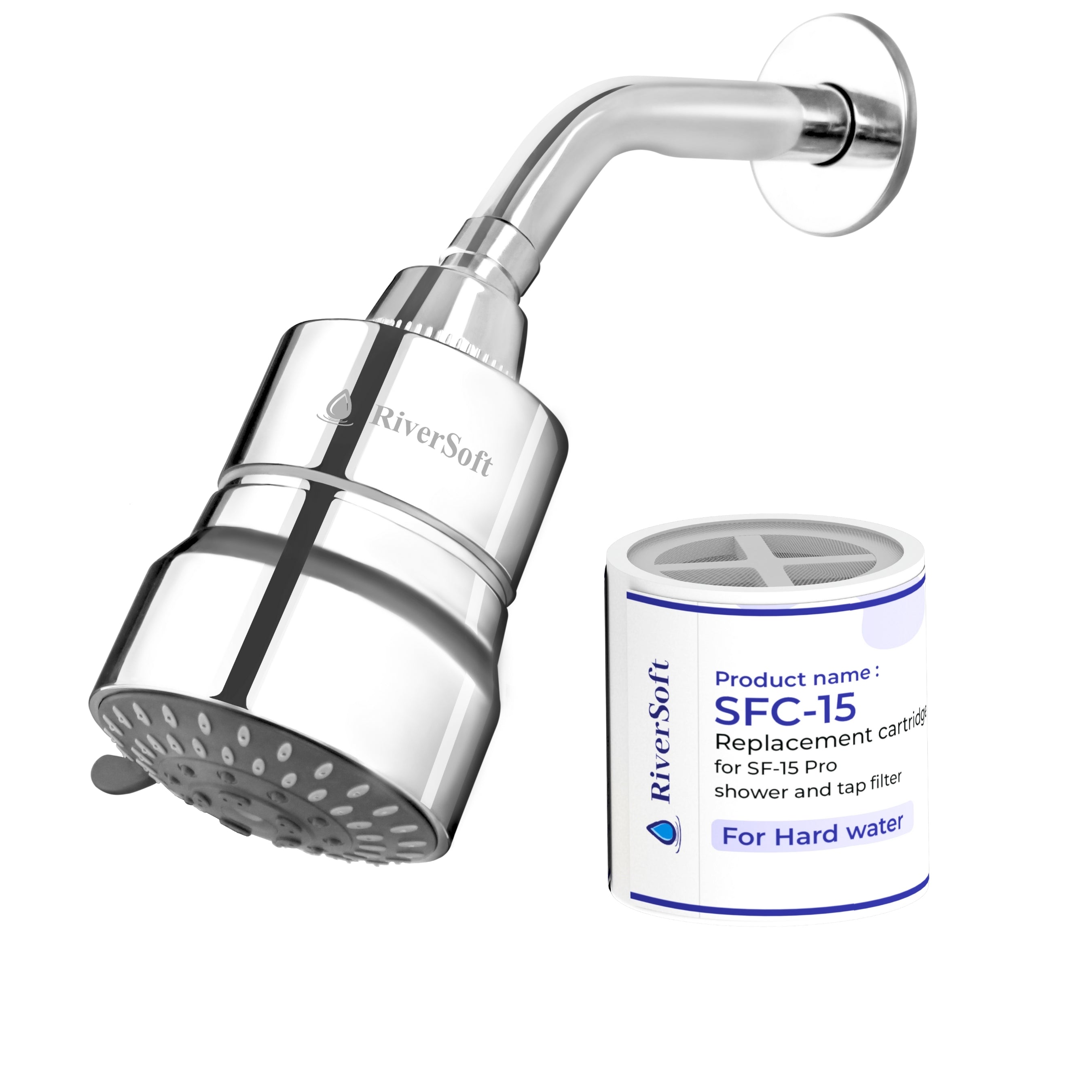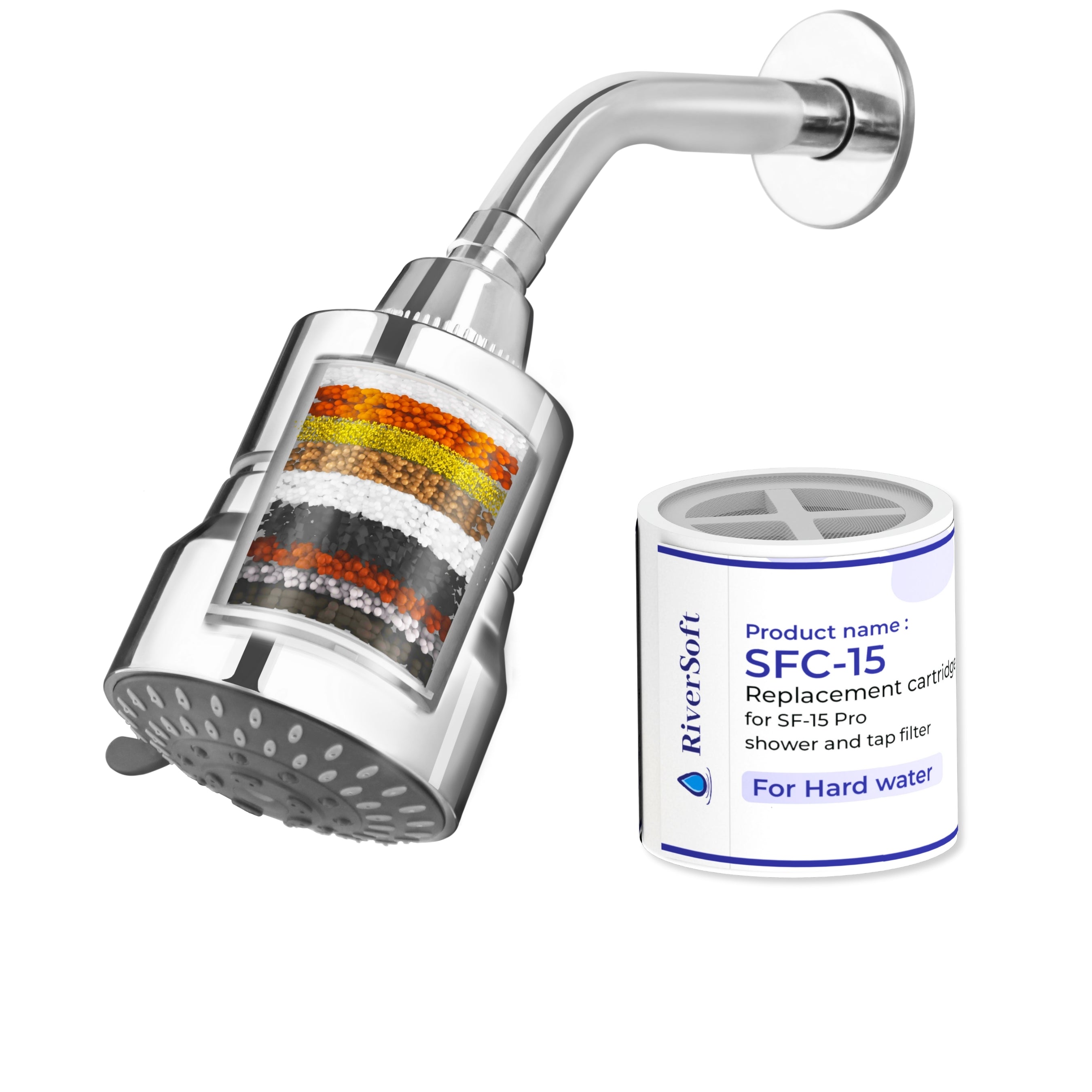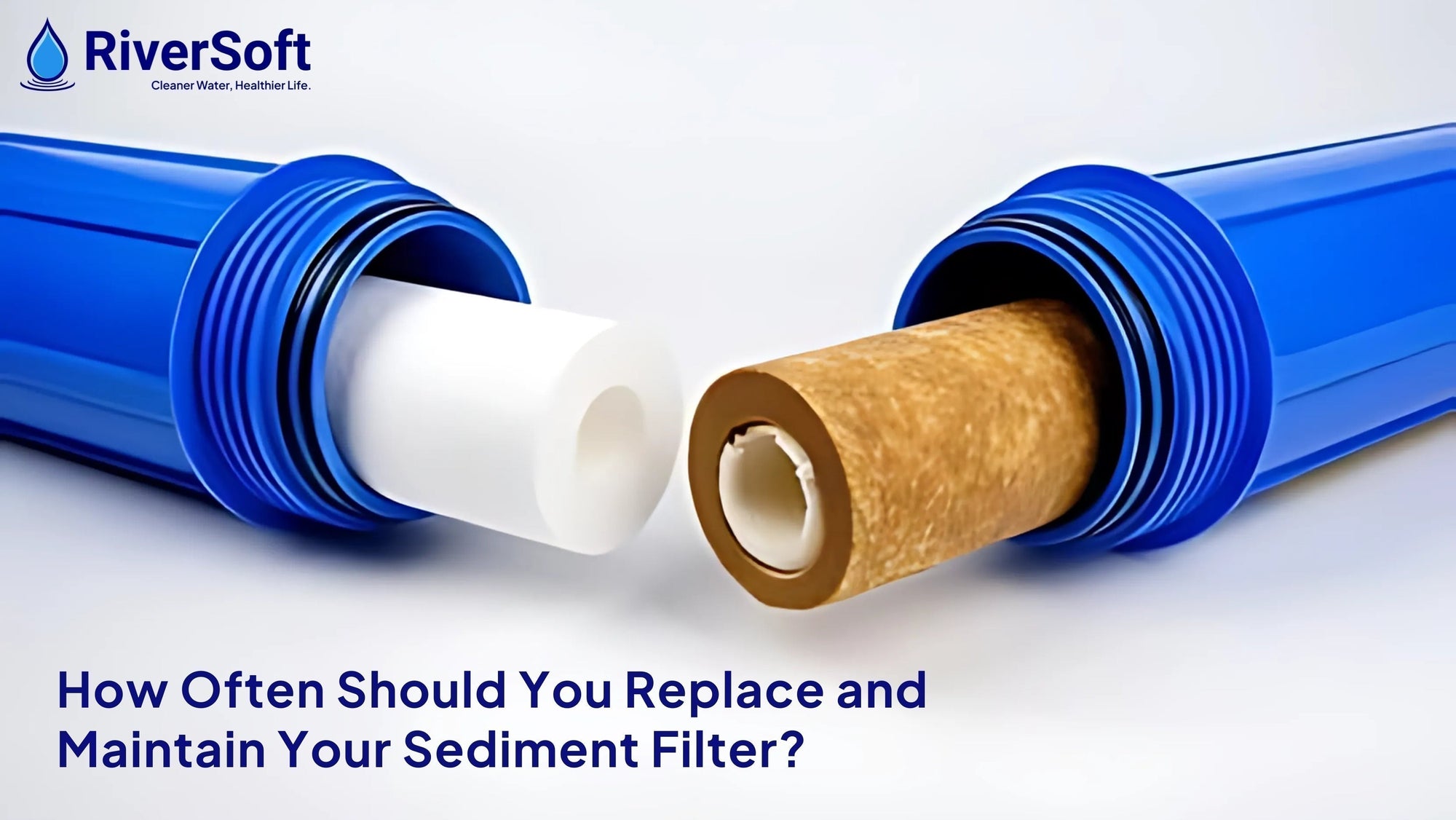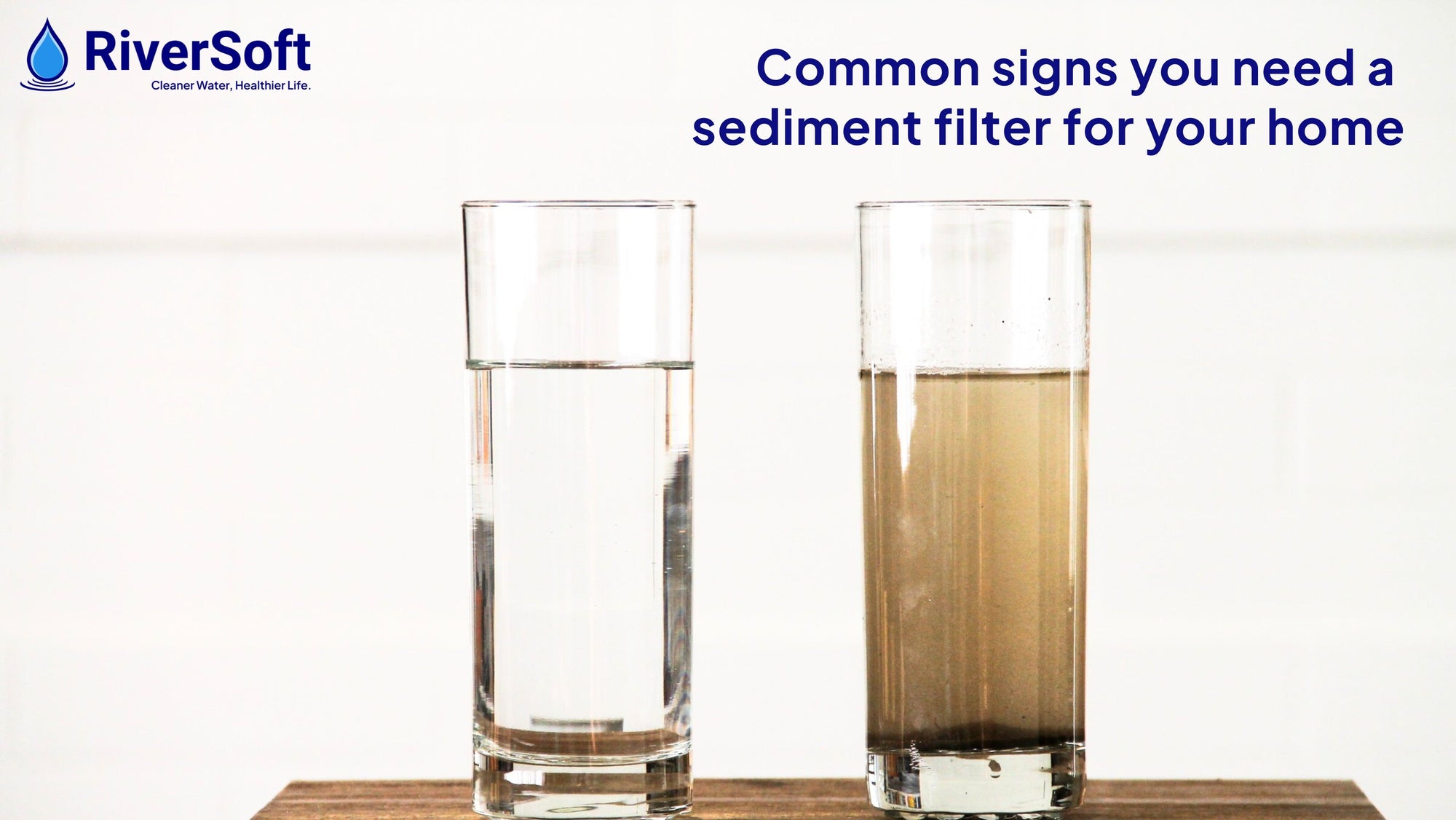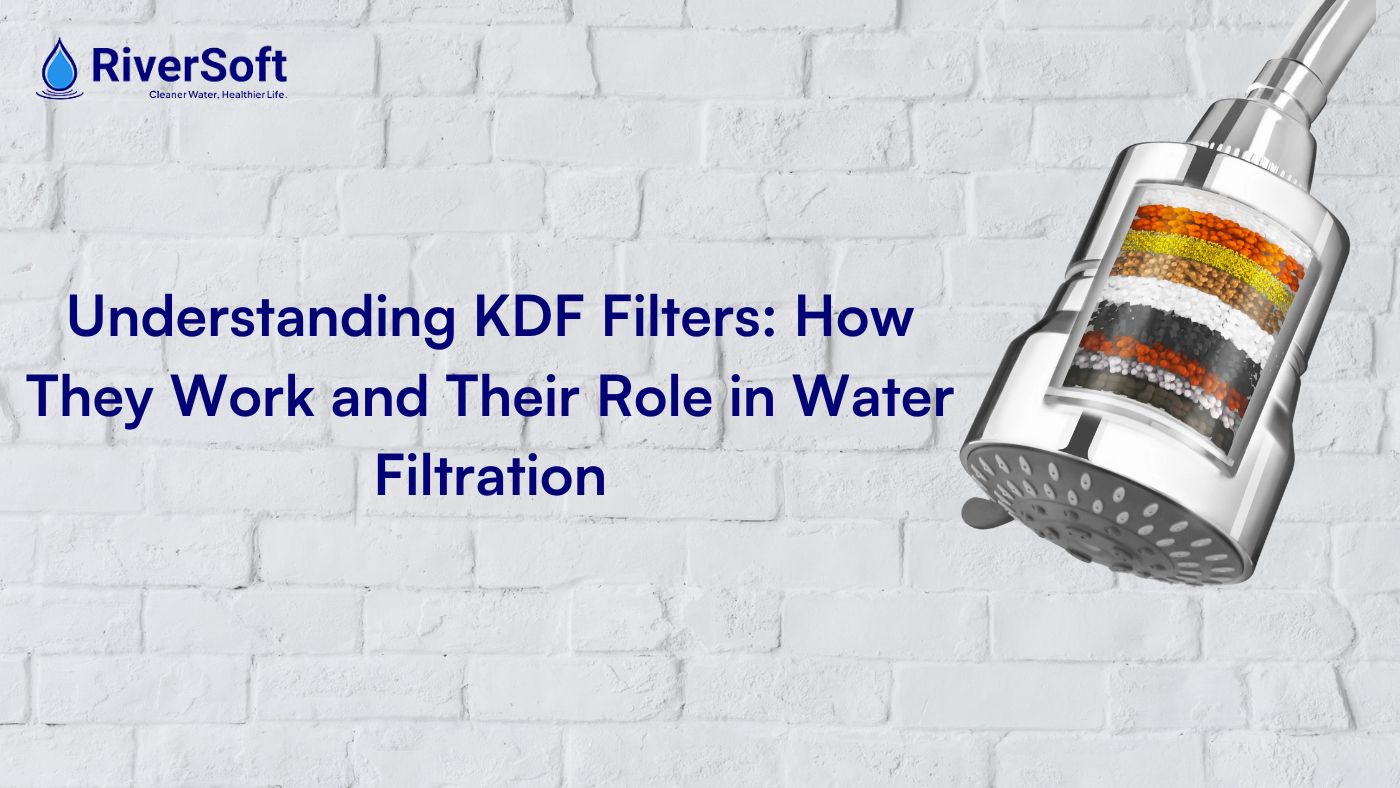Have you ever noticed that your hair feels rough and frizzy after a shower or that your skin feels dry and irritated? The culprit might be the quality of your water. A 2023 study found that a significant portion of the collected water sample was found to exceed the permissible limits for iron, chloride, and uranium.
Water quality is reducing every day due to pollution, chemical contamination, and outdated pipelines. Poor quality of water can cause hair, dryness, breakage and can irritate the scalp. It can further cause acne breakouts and in some cases even premature aging. The good news is that you don't need to go to a laboratory to test the quality of your water; you can do it yourself at home!
This blog talks about the various DIY methods of checking your water quality and some solutions, like a tap filter for hard water, to use in protecting your hair and skin.
Signs Your Water Quality Might Be Poor
Before beginning the tests, know the following common signs of water damage to hair and skin.
-
Difficulty lathering soaps.
-
Brittle and dry hair that is hard to manage.
-
Skin feels tight, itchy, or prone to breaking out.
-
Residues or white speckles found on fixtures and showerheads.
-
Water has a strange smell or taste.
Any of these signs calls for testing your water.
Simple DIY Methods to Test Water Quality
Hardness Test (Soap Test)
The high mineral content contained in hard water can be due to calcium and magnesium that affect skin and hair.
-
Fill a bottle with water and put a few drops of liquid soap inside before vigorously shaking it.
-
If the water lathers little or not at all and simply becomes cloudy at the surface, it is hard water, not soft water.
A hard water filter for water tank reduces mineral constituents and enhances water quality.
pH Test (DIY pH Strips or Red Cabbage Test)
The pH of water has a significant role in the natural barrier of the skin and on hair. Water that has a high level of acidity or high alkalinity can lead to irritation of the skin and hair.
-
Use pH test strips found online or at home improvement stores to assess the pH levels.
-
Alternatively, by boiling chopped red cabbage in distilled water and mixing some of the purple cabbage water with the tap water, we can tell the pH of the water. In this case, the water is acidic if it turns red; and alkaline if it turns blue or green.
Neutral water has a pH of about seven. For alkaline water, the hard water tap filters help balance this.
Chlorine Test (Vitamin C Reaction Test)
Chlorine, added to disinfect tap water, can dry and irritate your skin and hair.
-
Crush a vitamin C tablet and dissolve it in a bowl of tap water. If the water changes color, it has chlorine.
-
Alternatively, chlorine test strips can provide an accurate result.
A hard water filter will reduce exposure to chlorine while protecting hair and skin.
Heavy Metal Test (Home Test Kits)
Heavy metals in water, such as lead, copper, and iron can weaken hair follicles, cause an itchy scalp, and induce skin problems. Sadly there is not any easy test available but only with test kits.
-
Purchase a home water test kit for heavy metals.
-
Follow the instructions provided along with the kit and compare the results with the chart given.
If heavy metals are found to be present in the water, consider installing a hard water filter for the water tank that would remove the contamination.
Bacterial Contamination (DIY Sugar Test)
Bacteria in water can lead to infections and skin irritation.
-
Fill a clean glass bottle with tap water and add a teaspoon of sugar.
-
Seal the bottle and store it in a dark place for 48 hours.
-
If the water turns cloudy or develops an odor, bacterial contamination may be present.
If you suspect bacterial contamination, boiling your water before use or using a tap filter for hard water with a built-in purification system is recommended.
What to Do If Your Water Quality Is Poor?
If testing reveals that the water is really of poor quality, there are various methods of improving it.
Use a Hard Water Filter or a Water Softener
-
A tap filter for hard water or a water softener reduces mineral build-up and chlorine and impurities. It filters the water and softens its content, making it gentle on skin and hair.
-
Prevention of scale formation in plumbing and appliances lengthens their life span.
-
Softened water inhibits the formation of soap scums and residues, making hair feel softer and skin not so dry.
-
Softened water has also made hair care products shampoos, conditioners, and skin care products more effective.
Seek Professional Testing
If you notice any trouble, get your water tested by a certified lab for a detailed report.
-
Lab tests allow you to know what the water contains regarding specific contaminants such as lead, bacteria, and pH levels.
-
A professional assessment will help determine the best filtration or purification system for your home.
Conclusion
Given the deteriorating state of water quality, water testing is important. Hard water, chlorination, heavy metals, and bacteria can attack the hair and skin, leading to dryness, irritation, and damage.
Simple DIY tests can identify the problem. Installing a hard water filter for the water tank or a tap filter for hard water substantially improves the water quality. RiverSoft can protect your skin and hair from the ravages of poor-quality water.
Reference: Mongabay







